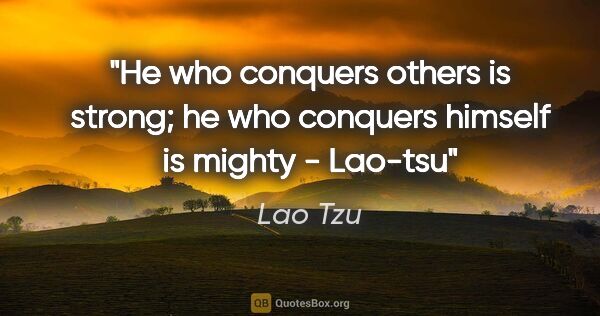Others Quotes (page 265)
Not thou alone, but all humanity doth in its progress fable emulate. Whence came thy rocket-ships and submarine if not from Nautilus, from Cavorite? Your trustiest companions since the cave, we apparitions guided mankind's tread, our planet, unseen counterpart to thine, as permanent, as ven'rable, as true. On dream's foundation matter's mudyards rest. Two sketching hands, each one the other draws: the fantasies thou've fashioned fashion thee.
Alan Moore
I believe that what Genesis suggests is that this original self, with the print of God's thumb still upon it, is the most essential part of who we are and is buried deep in all of us as a source of wisdom and strength and healing which we can draw upon or, with our terrible freedom, not draw upon as we choose. I think that among other things all real art comes from that deepest self - painting, writing music, dance, all of it that in some way nourishes the spirit.
Frederick Buechner

Whatever the truth about the Deliverer, she will remain in my mind as she was shown on that statue, and all the other statues and murals, songs and stories: riding, at the head of her own swift cavalry, with a growing migration behind her and a decadent, vulnerable, defenceless and rich continent ahead; and, floating bravely above her head and above her army, the black flag on which nothing is written.
Ken MacLeod
I am not impressed by ancestry, since if I could trace my origins to Judas Maccabeus or to King David, that would not add one inch to my stature, either physically, mentally or ethically. What's more, what about all my other ancestors? There must have been uncounted thousands of human beings in the century of King David, all of whom in some small way contributed to my production, and every one of them but King David might have been criminals and drunkards for all I know. (Nor was King David...
Isaac Asimov

One must state it plainly. Religion comes from the period of human prehistory where nobody—not even the mighty Democritus who concluded that all matter was made from atoms—had the smallest idea what was going on. It comes from the bawling and fearful infancy of our species, and is a babyish attempt to meet our inescapable demand for knowledge (as well as for comfort, reassurance and other infantile needs). Today the least educated of my children knows much more about the natural order than...
Christopher Hitchens
Another image comes to mind: Nietzsche leaving his hotel in Turin. Seeing a horse and a coachman beating it with a whip, Nietzsche went up to the horse and, before the coachman’s very eyes, put his arms around the horse’s neck and burst into tears.
That took place in 1889, when Nietzsche, too, had removed himself from the world of people. In other words, it was at the time when his mental illness had just erupted. But for that very reason I feel his gesture has broad implications: Nietzsche...
Milan Kundera


